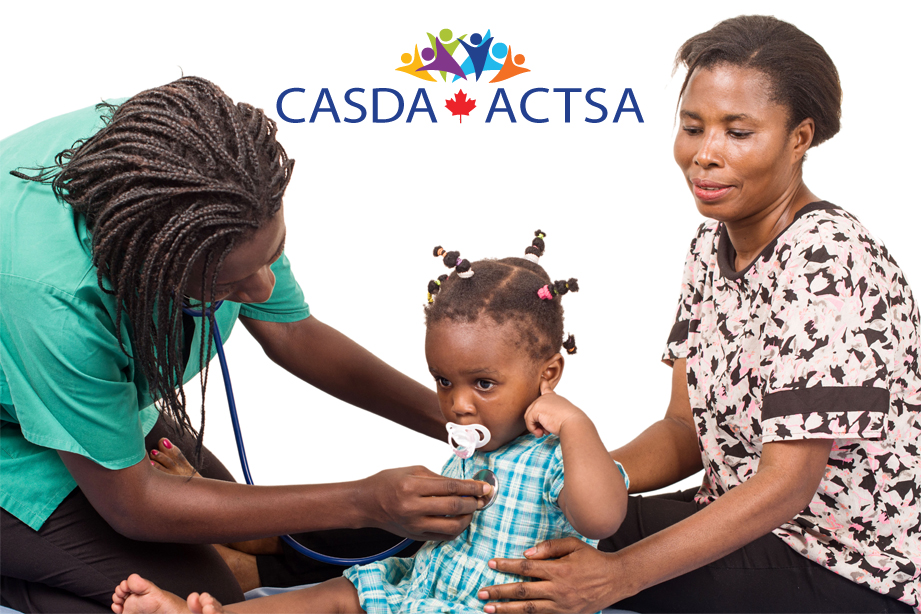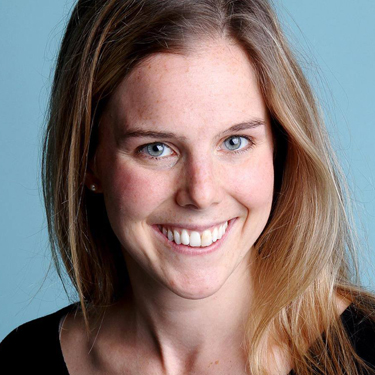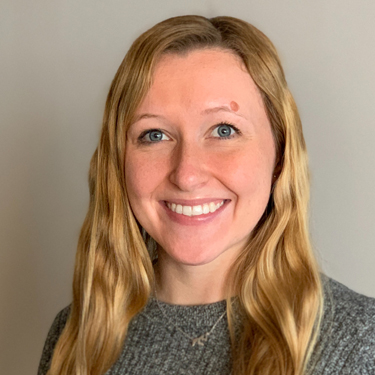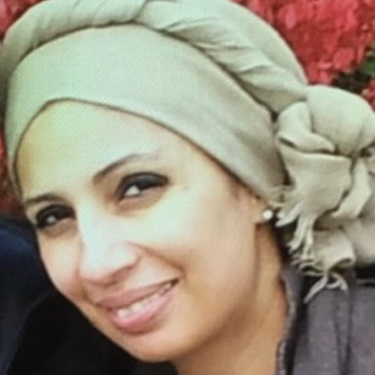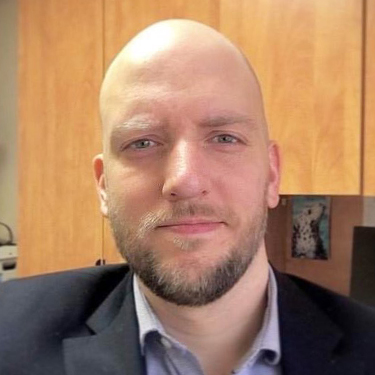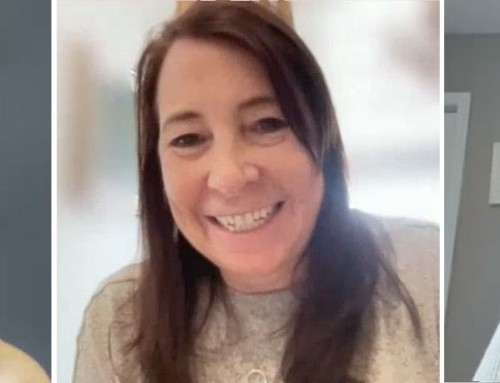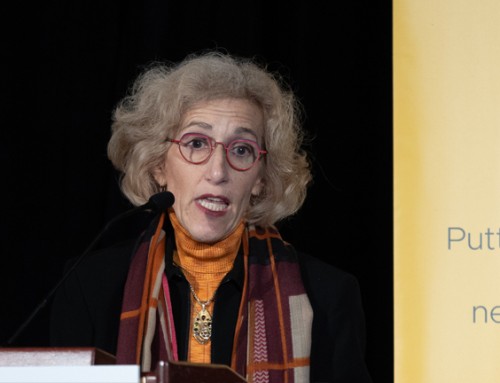The Kids Brain Health Network and the Canadian Autism Spectrum Disorder Alliance (CASDA) have partnered to bring the 2021 KBHN-CASDA Policy Development Practicum.
This successful partnership was created to support the federal government’s commitment to creating a National Autism Strategy, providing an opportunity for graduate students, postdoctoral fellows, and research associates to contribute to this critical initiative and gain invaluable experience in community partner engagement and policy development.
In doing so, the KBHN-CASDA fellows will learn to understand the linkages between research and policy through an immersion experience, engage in a policymaking process on the priority areas for a National Autism Strategy and utilize research to improve policy development implementation and evaluation.
Congratulations to this year’s KBHN-CASDA Policy Development Practicum Fellows, who will focus on the co-production of a policy brief representing one of Canadian Academy of Health Science’s three critical areas of the National Autism Strategy: Social Inclusion, Economic Inclusion and Evidence-Based Interventions.
Below is a sneak preview of the 2021 KBHN-CASDA Practicum Fellows, their research, interests and goals. Read their bios to learn more about how each plans to contribute to Canada’s National Autism Strategy.
Meet the 2021 KBHN-CASDA Fellows
Hadas Dahary is a doctoral candidate of the School/Applied Child Psychology program at McGill University under the supervision of Dr. Eve-Marie Quintin. Her interest in Autism research began while completing her B.A. in the Specialized Honours Psychology Program at York University, where she received opportunities to collaborate on various research projects that examined training memory strategy use and social-emotional learning interventions for children on the autism spectrum. As a KBHN trainee, Dahry is enthusiastic about improving her understanding of how researchers, service providers, people on the autism spectrum, and policymakers can collaborate to better cater to the needs of the autism community.
Jacalyn Guy earned her BSc, MSc, and PhD (Neuroscience) all at McGill University and completed a postdoctoral fellowship at the University of Oxford under the supervision of Dr. Joni Holmes. Funded by the Fonds de Recherche Sante-Quebec, she investigated sensory-related abilities that underpin cognition and behaviour in Autism and Fragile-X Syndrome. Supported by a MITACS-KBHN internship award, Guy has recently broadened her interest in autism-related policy issues as a research intern with the Canadian Autism Spectrum Disorder Alliance (CASDA). During this internship, Guy focused on coordinating autism-related and pan-disability data collection initiatives that are being developed and shared via various outlets throughout Canada considering the COVID-19 crisis. Guy is excited to build on this experience by further engaging with stakeholders and translating research into evidence-informed policies as a KBHN-CASDA Policy Development Practicum Fellow.
Jessi Lewis, M.Sc., is a doctoral student in the Clinical Neuropsychology program at the University of Victoria under the supervision of Dr. Sarah Macoun. Lewis is interested in how policy development affects the accessibility of resources, supports, and services for children with NDDs and holds a long-term goal of contributing to particular education policy and resource allocation and equity. To this end, she has presented research exploring the efficacy of current funding and service allocation models to ensure adequate supports for children with ASD. As a KBHN-CASDA Policy Fellow, Lewis hopes to build upon these experiences to learn more about policy development and its role in best meeting the needs of those it is intended to serve.
Jessica Baraskewich is a PhD Candidate in School and Applied Child Psychology at the University of Calgary under the supervision of Dr. Carly McMorris, where her research focused on mental health in autistic youth. Under the supervision of Dr. Carly McMorris, her dissertation project examined body image and eating concerns in teens with and without autism. She has extensive clinical experience working with autistic children and youth, helping them address various needs (e.g., mental health, behavioural, social). Baraskewich’s interest in policy related to autism spectrum disorder stems from her clinical and research work with autistic children and their families. Through her interactions with individuals and families in assessment, intervention, and research settings, she has begun to understand the complexities and challenges of accessing services, navigating care, and how provincial and federal policies impact families’ day-to-day lives.
After several years of professional practice as an architect and a community planner, Nagib began their graduate career at McMaster University under the supervision of Dr. Robert Wilson. Their interest included creating enabling environments for individuals with disabilities and developing evidence-based policies to improve their inclusion in employment housing and the broader community. Their dissertation, funded by the SSCRHC doctoral fellowship, was entitled “Surviving the labour market: Understanding the experiences of women and men with autism.” The study focused on exploring the role of gender concerning factors affecting career decisions, barriers to finding jobs, and workplace challenges to maintain employment. Their work contributed several policy implications, including gender-sensitive programs and support services, to improve women’s employment experiences and work-family balance with autism.
John is currently a Ph.D. candidate in Clinical Neuropsychology at the University of Victoria under the supervision of Dr. Sarah Macoun, where he specializes in early assessment/diagnosis of diverse neurodevelopmental concerns and the development and evaluation of accessible and affordable clinical interventions. As part of his work to create and improve early assessment tools, John is a co-creator of the Computerized Preschool Executive Functioning (CPEF) Battery, a group of tablet-based assessment tools that evaluate the executive functioning abilities of preschool-aged children. Across all of his clinical work and research, a primary interest is the role that various systems play in the emergence of neurodevelopmental concerns and how they can be optimized to help children and families reach their own unique goals.
Vanessa Fong is a doctoral student supervised by Dr. Grace Iarocci in the Developmental Psychology program at Simon Fraser University. Her thesis adopts a community-engaged approach to understanding quality of life and service navigation in culturally diverse families raising autistic children. Supported by a MITACS-KBHN internship award, Vanessa has recently broadened her interest in autism-related policy issues as a research intern with the Autism Community Training (ACT) under the supervision of Dr. Grace Iarroci. During this internship, her research has focused on exploring the impact of COVID-19 on the mental health and service needs of caregivers and families of individuals with developmental disabilities. She is also interested in evaluating programs to promote resilience and improve well-being in caregivers of children with developmental disabilities.
Last year’s recipients, Brittany Finlay, Stephen Gentles, Daljit GillBadesha, and Vanessa Tomas, ended their practicum with the publication of the KBHN-CASDA Policy Compendium. The compendium is a collection of 15+ policy briefs with recommendations for the following areas: access and affordability, employment, research and governance, housing, and information. The content reflects various stakeholders’ perspectives, including Autistic Canadians, service providers and researchers, all of whom are dedicated to moving the Strategy forward.
“It was an invaluable experience,” said 2020 recipient Vanessa Thomas. “I am forever grateful for, as it expanded my comfort zone and bolstered my experience with connecting research to policy.”
Fellow recipient Brittany Finlay also echoed similar sentiments.
“My experience as a KBHN-CASDA fellow has allowed me to develop a strong understanding of how to develop practical and impactful policy in a collaborative way,” Finlay said. “Overall, this fellowship was a very enriching experience that I consider to be an instrumental part of my training as a researcher.”
Please join us in congratulating each one of our 2021 recipients on their successful application.


